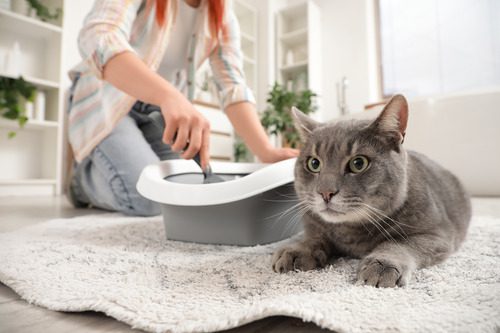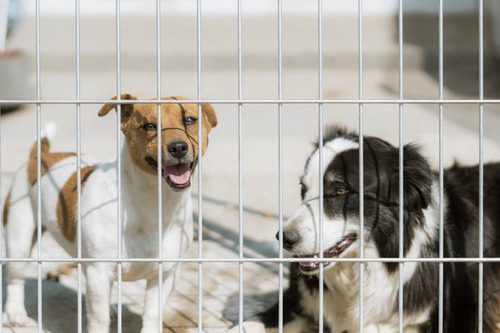Can Dogs Have Pepper
When it comes to sharing your meals with your dog, it’s important to know which seasonings are safe and which could potentially harm your beloved pet. One common seasoning that often raises questions is pepper. In this blog, we explore whether it’s safe to share dishes seasoned with pepper with your dog. We will look at various types of pepper, such as black, white, and chili pepper, and discuss their effects on canine health. If you have any concerns or need personalized advice for your dog, call Best Friends Veterinary Hospital today!

Types of Pepper and Their Effects on Dogs
Black Pepper
Black pepper, the most commonly used seasoning worldwide, is derived from the dried fruit of the Piper nigrum plant. While a tiny amount might not harm your dog, it’s not recommended to make it a regular part of their diet. Black pepper can irritate your dog’s nose and stomach, leading to sneezing, discomfort, and digestive issues. If your dog accidentally ingests food heavily seasoned with black pepper, it’s best to monitor them for any signs of distress and consult with a veterinarian if any concerning symptoms develop.
White Pepper
White pepper, often used in cooking for its milder flavor compared to black pepper, comes from the same plant but is prepared differently. Like black pepper, white pepper should be used sparingly in any foods shared with your dog. The risks associated with white pepper are similar to those of black pepper, including potential gastrointestinal upset if ingested in large amounts.
Chili Pepper
Chili pepper includes a variety of peppers within the Capsicum family. These peppers contain capsaicin, which is used in spicy dishes to add heat. Capsaicin can be particularly harmful to dogs, causing oral irritation, increased thirst, digestive upset, and in severe cases, respiratory distress. It’s advisable to keep all foods containing chili pepper away from your dog to avoid any health issues.
Potential Health Concerns
- Digestive Irritation: Peppers, especially spicy varieties, can cause significant digestive upset in dogs. Symptoms may include vomiting, diarrhea, and excessive gas. If you notice these symptoms after your dog has eaten something containing pepper, it’s important to contact your veterinarian.
- Respiratory Issues: Inhaling spices like black or chili pepper can cause respiratory irritation in dogs, leading to sneezing, coughing, and difficulty breathing. This is particularly concerning in breeds prone to respiratory issues.
- Allergic Reactions: Though rare, dogs can be allergic to peppers. Allergic reactions might manifest as hives, itching, or swelling, particularly around the face and ears. Any signs of an allergic reaction should be addressed by a professional immediately to ensure your dog’s safety.
Safe Seasoning Alternatives
Herbs and Other Spices
If you’re looking to add flavor to your dog’s meals without the risks associated with pepper, consider safe alternatives like parsley, oregano, and rosemary. These herbs can provide flavor without the negative effects associated with spicy or heavily seasoned food.
Preparing Foods for Your Dog
When cooking for your dog, it’s best to keep seasonings simple and ingredients wholesome. Stick to lean meats, vegetables, and grains that meet their nutritional needs without adding unnecessary spices.
Safely Sharing Seasoning with Your Dog
While it might be tempting to spice up your dog’s diet the way you might your own, it’s important to prioritize their health and well-being over culinary curiosity. Remember, if you ever have questions about what’s safe for your pet or notice any unusual symptoms after they’ve eaten, call us at Best Friends Veterinary Hospital. Our team is here to help ensure your dog maintains a healthy, happy life.
Recent Posts
About Best Friends Veterinary Hospital
Our veterinarians and staff warmly welcome dogs, cats, and a variety of exotic pets as patients here at our animal hospital, and we offer a host of services to give your unique family member a lifetime of excellent care.





